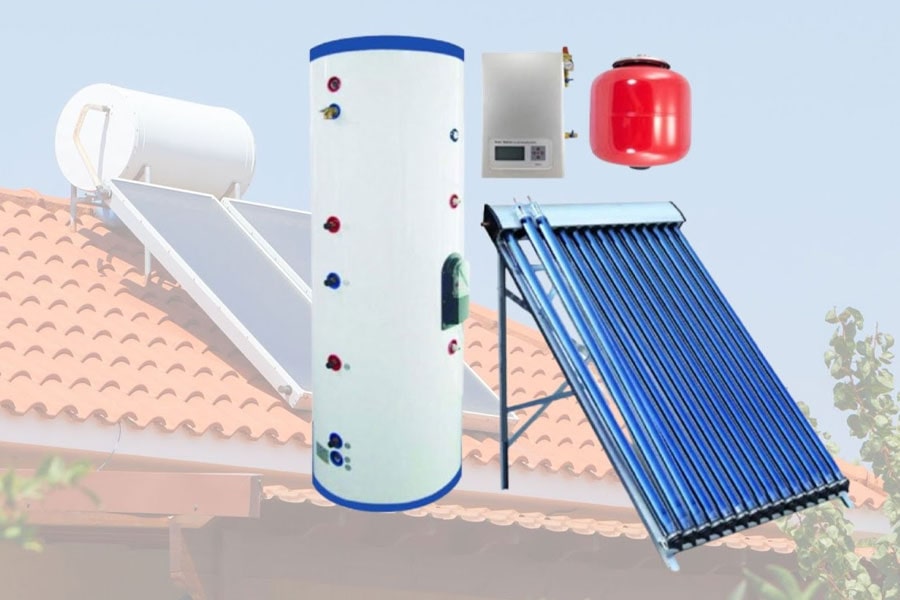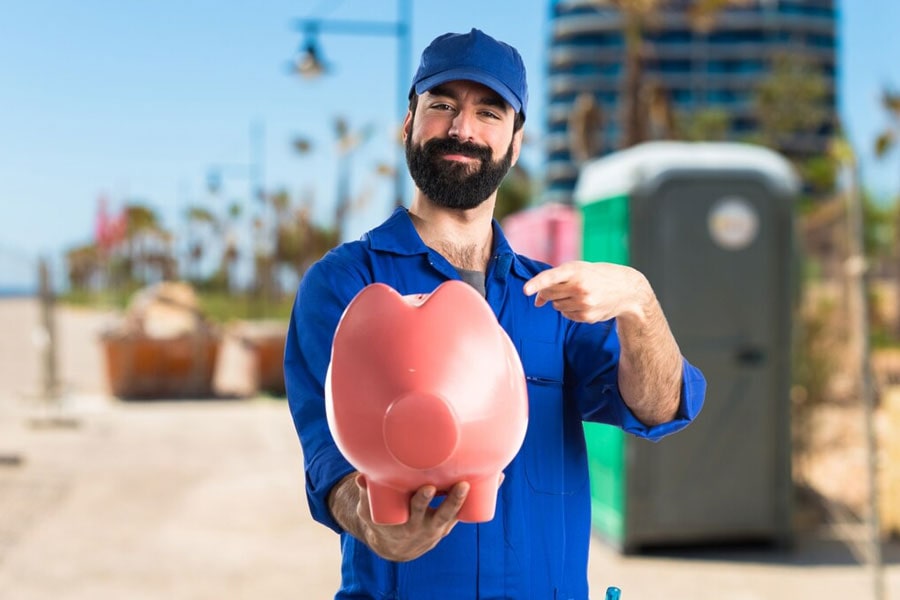Enquire Now
- CALL A PLUMBER
- (925) 478-8073
Enquire Now
 September 12, 2025
September 12, 2025
If you’re wondering whether a solar water heater will actually meet your household needs, you’re not alone. Solar water heating sounds great in theory. But will it deliver hot water, lower bills, and fewer headaches? Below is the breakdown of simple facts. They are especially useful for homeowners in San Ramon and the Bay Area who want real results.
A solar water heater is a device that collects sunlight and uses it to heat the water for your house. It is designed to run together with a roof-mounted solar panel that absorbs sunlight. After that, these panels pass heat to water or a heat-transfer fluid, which is piped into a storage tank. Consequently, from there, hot water is available for showers, washing, and everyday chores.
Unlike conventional heaters that use fuel or electricity for heating, solar heaters harness free solar energy as the heating agent. Thus, that means lower energy bills and less environmental harm. Most systems also include a backup, so you always have hot water, even on cloudy days.
Yes. In many homes, solar water heaters cut water-heating bills dramatically. For example, homeowners can expect roughly 50% to 80% lower water heating costs, depending on system type and sun exposure. That range comes from national energy guidance and field data.
Surprisingly, they work well. California gets enough sunlight for strong performance. Systems use insulation and backups to handle cloudy days. Modern systems can still provide most hot water needs in mixed climates if sized and installed correctly. In fact, many systems cover a large share of hot water needs year-round.
Pro Tip: Roof orientation and shading matter. If trees or buildings shade the panels, performance drops. However, a quick site check tells the story.
There are two common types of solar water heating systems:
Also, solar collectors come in two styles: flat-plate and evacuated-tube. Evacuated-tube collectors usually perform better in colder or overcast conditions. You should choose based on the climate and your budget.
A well-installed system has a design life of about 20–25 years. With regular checks, some components last longer. Collectors often outlive pumps and controllers, so plan on occasional part replacement. Certified products and proper maintenance extend life.
No. Solar water heaters are low-maintenance devices. But you should:
Overall, it is seen that professional service once a year keeps the performance of solar water heaters high and prevents surprises. Most of the reliable sources recommend annual checks.
Be real about trade-offs:
Even so, incentives and rebates can cut the net cost. In California, some utilities and programs offer rebates for certified systems, which improves the payback. Check your local programs.
It depends on your goals.
Think about your roof, budget, and whether you’d like to cut back on electricity or gas use. Consult a pro to model your actual savings.

Imagine a household that spends $600 a year to heat water. With a well-sized solar water heater, the bill might drop by $300–$480 per year (50%–80% savings). If incentives cover part of the cost, payback can be as short as a decade or less. Without incentives, payback will be longer, but you still earn savings over the 20+ year life. Real numbers vary by location, system size, and energy prices.
Look for systems and components with recognized certification. The Solar Rating and Certification Corporation (SRCC) lists tested and rated solar collectors and systems. Installers who follow local codes and national standards deliver safer, better-performing systems. Certified equipment also often qualifies for rebates.
Find out answers to these quick questions:
If you answered yes to two or more, a solar water heater likely deserves serious consideration.
If you live in the Bay Area, Magnificent Plumbing & Rooter can inspect your roof, estimate costs, and explain incentives. We’re based in San Ramon, CA, and we offer free estimates to homeowners. We size systems for real use. We pick certified equipment. And we handle local permits and rebate paperwork.
Ready for a free estimate? Call Magnificent Plumbing & Rooter today at (925) 478-8073 and see if a solar water heater makes sense for your home.